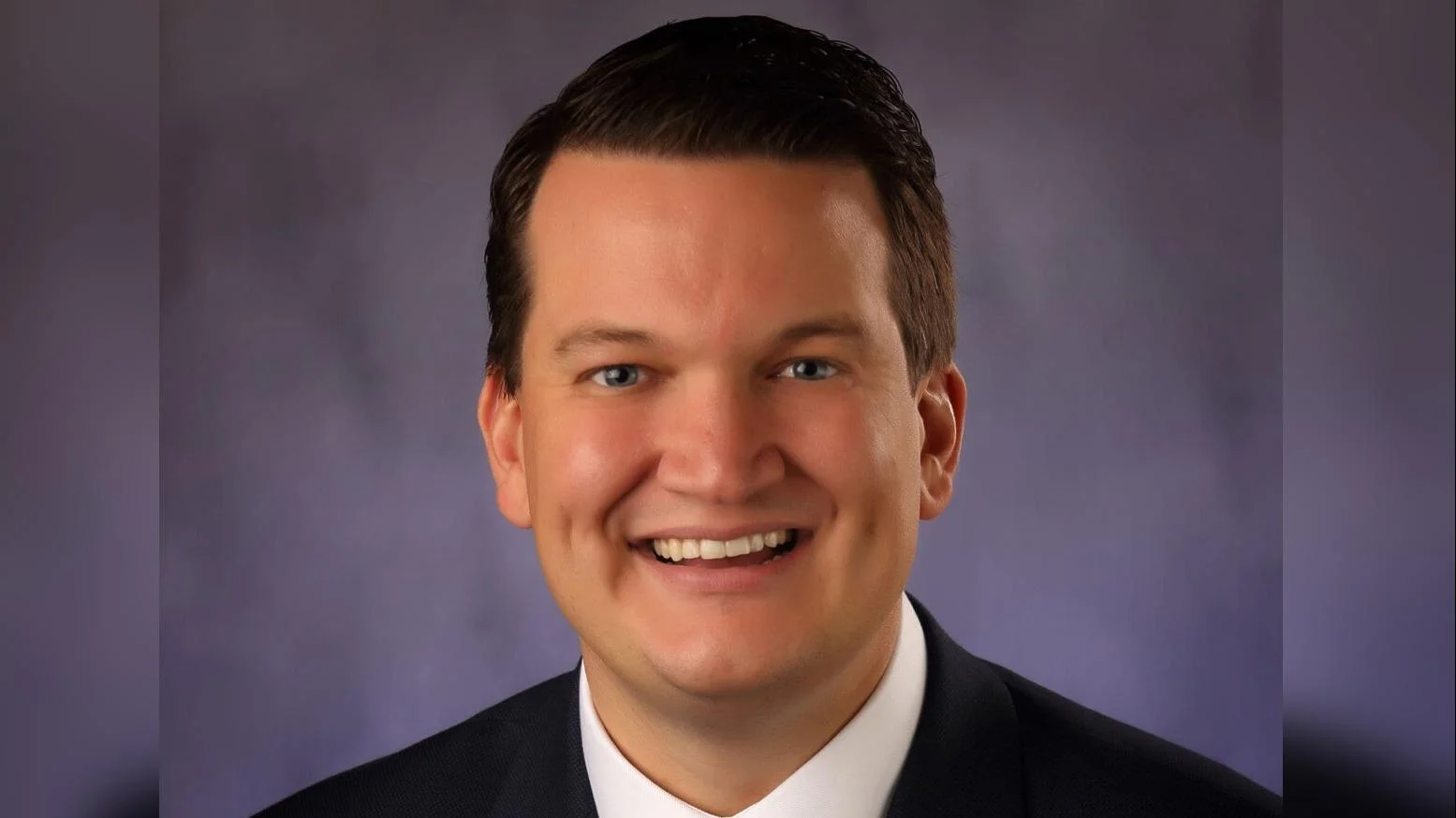Andrew S. Chesney, Illinois State Senator for 45th District | Illinois General Assembly
Andrew S. Chesney, Illinois State Senator for 45th District | Illinois General Assembly
State lawmakers returned to Springfield last week for the first part of the annual fall Veto Session. During the 2025 spring session, 436 bills were passed by both chambers of the General Assembly and sent to the Governor. Of these, four bills were vetoed, including two total vetoes, one reduction veto, and one amendatory veto.
No action was taken on the vetoed bills during the session. Lawmakers are scheduled to return to the Capitol on October 28 for the second week of the Veto Session, which may provide another chance to address these bills or introduce new legislation.
Among the proposals under discussion are measures that are part of the Democrats’ tax and spending agenda. One of the most debated is the Transit Bill, which proposes a significant financial bailout for Chicago Mayor Brandon Johnson and would transfer control of the regional transit board to Chicago. This plan would require suburban taxpayers to cover much of the cost. Lawmakers may also discuss a new delivery tax on most packages delivered to Illinois homes.
A committee hearing in Springfield last week presented a new set of potential revenue proposals to address the public transit fiscal shortfall and to fund future improvements to the system. Despite a roughly 30% decrease in ridership, Democratic lawmakers have not proposed changing the current transit model. Instead, they have suggested a range of new taxes and fees to generate $1.5 billion in revenue for transit.
Some of the proposed measures include a $1 surcharge on all tolls, a $1 delivery charge for orders over $100, a 25-cent increase in CTA fares, a 10% tax on rideshare trips within the Chicago Transit region, a $5-$10 ticket surcharge for large events, a 25% daily surcharge on tolls, a 3-cent per kilowatt-hour tax on electric vehicle charging at public stations, a new real estate transfer tax in collar counties, a new tax on services, a payroll tax for Chicago workers, increased speed camera usage, a new vehicle sales tax, and an increase in the RTA sales tax.
Illinois State Senator Andrew Chesney commented on these proposals: "As a reminder, I have never, nor will I ever, vote in favor of a tax hike on Illinois families. It’s a safe bet that I will be voting 'no' on any revenue proposal tied to transit." He added that taxpayers in his district, who rarely use public transit, should not be responsible for bailing out the system.
The second week of the fall Veto Session is scheduled for October 28 through October 30. Lawmakers may consider transit legislation during this period or possibly early in 2026.
In addition to legislative issues, Illinois is facing a projected $267 million deficit for the fiscal 2026 budget. According to the Governor’s Office of Management and Budget, this deficit could increase to $2.2 billion by fiscal year 2027 if significant changes are not made. Governor JB Pritzker has increased state spending by nearly 40 percent since taking office. Republican lawmakers have warned that this spending and reliance on temporary revenue sources have left Illinois financially vulnerable.
Senator Chesney addressed these concerns: "The growing deficit is the latest example of the dangers of overspending and misplaced priorities in Springfield. I believe the state must rein in spending, focus on fiscal responsibility, and protect working families from the long-term consequences of continued budget mismanagement."
Chesney, a Republican, was elected to the Illinois State Senate in 2023 to represent the state's 45th Senate District, replacing previous state senator Brian Stewart.




 Alerts Sign-up
Alerts Sign-up